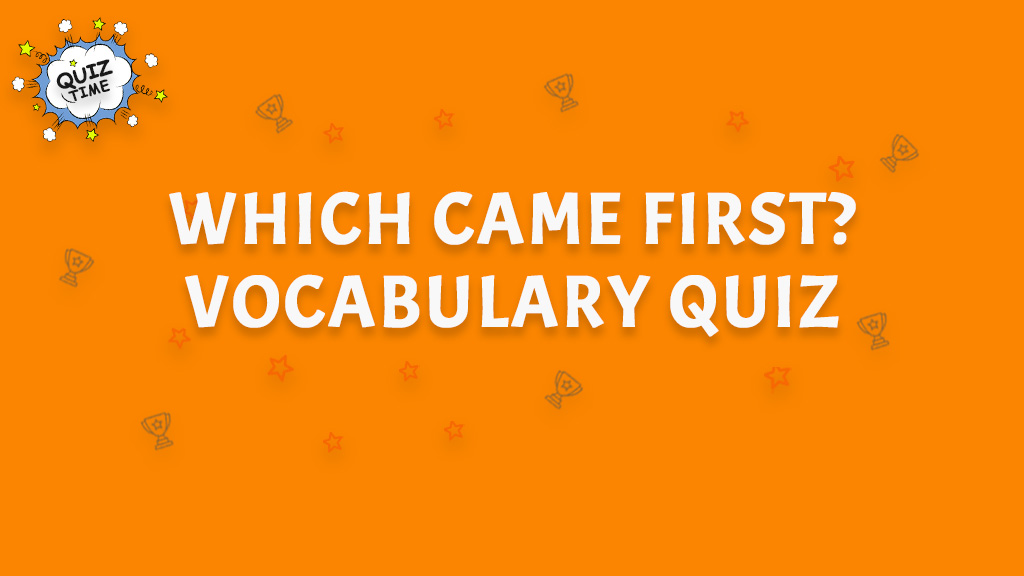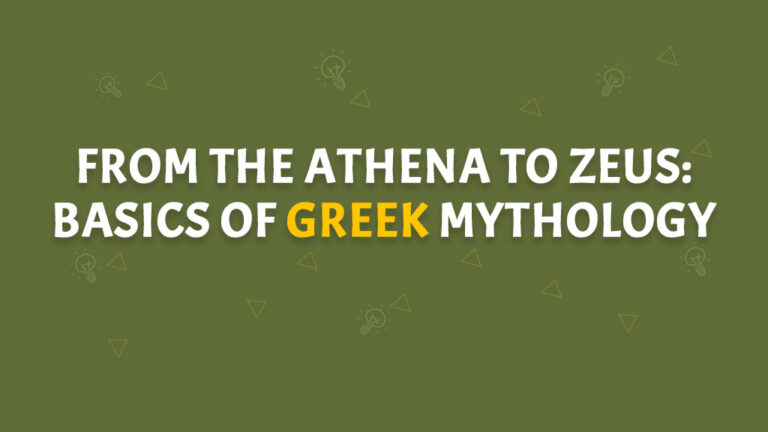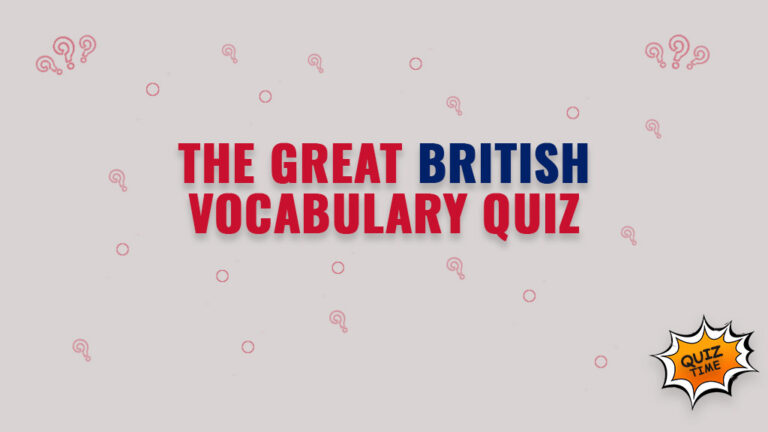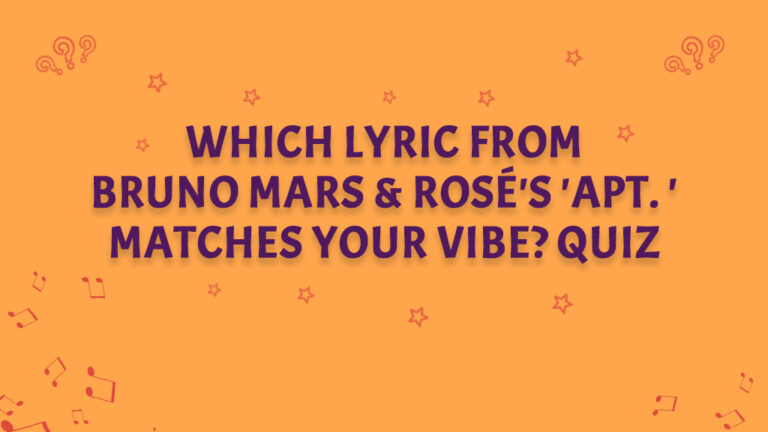❤️It's Trivia, but Sweeter❤️
Which Came First? Vocabulary Quiz

When it comes to language, understanding and mastering vocabulary is essential for effective communication. Expanding your vocabulary allows you to articulate thoughts more precisely, enhancing both written and verbal communication. Language proficiency is not merely about knowing words, but about knowing how to use them appropriately in different contexts. To truly grasp a language, one must understand the meaning of words, their connotations, and how they can convey complex ideas with clarity and nuance.
The power of vocabulary extends beyond simply knowing words; it is about how these words shape our perceptions and influence the way we interact with others. For instance, a word like “fortify” conveys a sense of strengthening, whether it’s physically reinforcing a structure or metaphorically bolstering one’s resolve. This term evokes images of strength and resilience, which can be used to inspire or reassure.
On the other hand, some words convey fleeting moments or short-lived experiences, which might describe the transient nature of life or an event. Understanding terms that describe the temporary or impermanent, such as “ephemeral,” enhances one’s ability to express the brief, often unpredictable nature of certain aspects of existence. It gives language a depth that can capture the full range of human experience, from joy to sorrow, from the momentary to the eternal.
In the same vein, vivid language has the potential to paint images that resonate deeply within the mind. Words like “vivid” are not just descriptors of color or appearance but are central to how we communicate emotions, scenery, and events. A vivid description can bring a scene to life, making it more relatable and immersive. Such descriptive words are invaluable in storytelling, helping to engage the reader’s senses and imagination.
Effective communication often involves balancing contrastive tones and levels of intensity. For example, there are words that indicate criticism or disapproval, yet knowing how to wield these words effectively is key to maintaining constructive dialogue. Certain terms may suggest strong disapproval or reprimand, such as “lambaste.” Understanding when to use such words can make a huge difference in how the message is received, ensuring that it has the intended impact without veering into harshness.
At the same time, understanding words that encourage delay or procrastination can highlight different psychological behaviors. “Procrastinate,” for instance, is a term that highlights the avoidance of immediate action, often stemming from feelings of overwhelm or a lack of motivation. Recognizing these types of words, and the behaviors they represent, can lead to more mindful communication, especially when addressing issues of time management or decision-making.
On the contrary, certain words emphasize the value of kindness and generosity, which are universally appreciated traits in any society. Terms like “benevolent” reflect a spirit of goodwill and compassion, qualities that are central to fostering positive relationships. Understanding these kinds of words helps emphasize the importance of empathy, helping to build a culture of care and mutual respect.
Words like “loathing” bring us into the territory of negativity and disdain, and yet, knowing these words helps us understand the emotional weight they carry. To loathe something goes beyond simple dislike; it suggests a deep, often visceral rejection. Being familiar with words like this enables individuals to convey strong emotions and make their sentiments clear, which is essential for effective emotional expression.
Another essential area of vocabulary development lies in words that describe social interactions. Understanding terms like “gregarious” adds layers to one’s comprehension of social dynamics. People who are described as gregarious are often lively, outgoing, and seek out companionship. Recognizing the nuances in these types of social words allows for a richer interpretation of people’s personalities and behaviors, and can lead to more meaningful connections.
In the world of professional and academic writing, precision in vocabulary is paramount. Words like “tangible” indicate things that can be physically touched or seen, which helps to distinguish abstract concepts from concrete reality. Knowing how to differentiate between these two types of terms ensures that the writer’s arguments are grounded in solid facts, making the writing more credible and persuasive.
As our world becomes more interconnected, language continues to evolve, with new words constantly emerging while others fade into obscurity. It’s important to stay current with vocabulary changes, but just as critical is the ability to return to classic, foundational words. These words, rich in meaning and history, offer a depth of understanding that newer terms may lack. They provide a framework that allows individuals to communicate more effectively, whether it’s in a casual conversation or a formal presentation.
Moreover, words play a central role in shaping public perception and political discourse. The choice of words can sway opinions, frame issues, and influence decisions. When politicians, activists, or business leaders communicate, they choose words carefully to shape the narrative and control the way information is received. This highlights the power of vocabulary in both shaping and reflecting society’s values and priorities.
While acquiring vocabulary is important, its practical application is just as critical. It’s one thing to know a word’s meaning, but it’s another to use that word in context effectively. Whether in writing or conversation, applying words in the right situations is key to conveying the desired meaning. In fact, mastering the use of vocabulary takes time and experience. Just as people learn grammar rules, they must also learn how to select words thoughtfully.
Context also plays an essential role in understanding vocabulary. A word may have multiple meanings depending on its usage. Take the word “lucid,” for example, which can refer to clarity in thought or expression. Understanding how words can shift in meaning based on the situation enriches communication, making it more adaptive and versatile.
In fact, vocabulary expansion is a lifelong endeavor. Readers often encounter new words in books, articles, or conversations, and over time, these words become integrated into their mental lexicon. The more a person reads and engages with diverse sources of information, the more likely they are to develop a broader vocabulary. This continuous learning process helps individuals not only become more articulate but also more adept at understanding complex ideas.
Ultimately, vocabulary is the cornerstone of effective communication. It helps us express ideas, convey emotions, and understand others. Developing a rich vocabulary requires both the acquisition of new words and the skill to use them appropriately. Whether in a professional context, social interactions, or creative writing, the words we choose have the power to influence, inspire, and inform. As we continue to grow and expand our understanding of language, we gain the ability to communicate in more meaningful ways, fostering deeper connections and a more nuanced understanding of the world around us.



